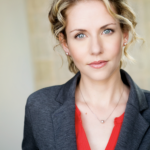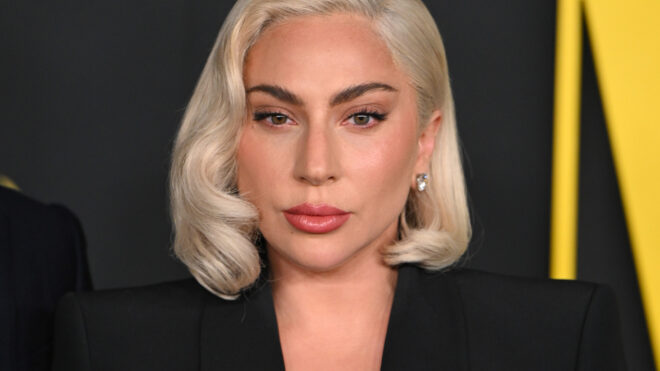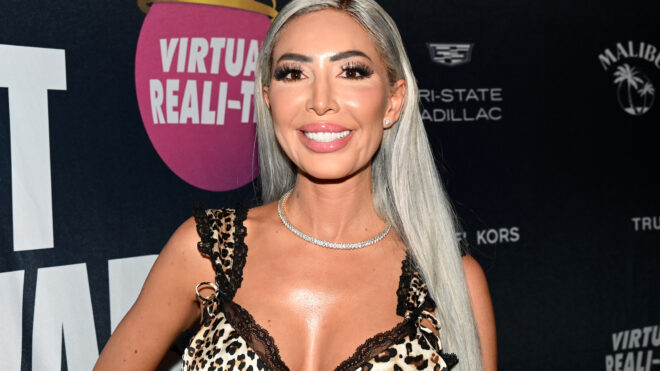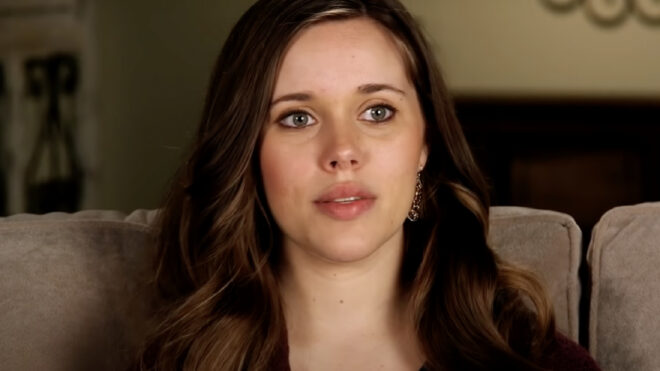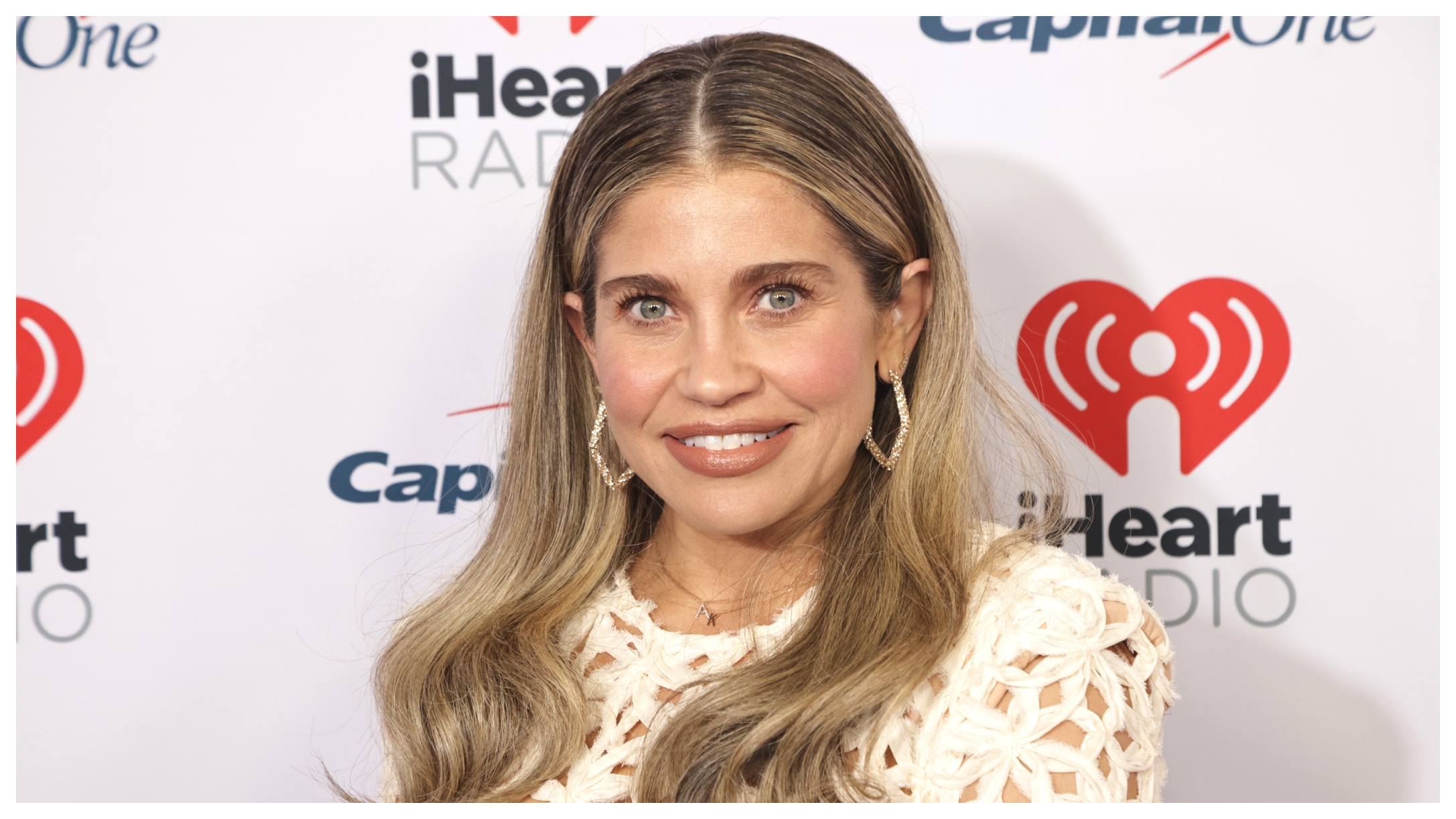
One of the scariest words to hear from a doctor's mouth is cancer. Excluding skin cancer, breast cancer is the most common cancer found in American women. The American Cancer Society predicts that in 2024 alone around 42,250 women will die from the horrible disease.
Early detection can help ease this scary statistic. The 10 celebrity women had this disease and shared their story with fans in the hopes someone might learn from it. Let's hope in the near future stories like these will be a thing of the past.
Olivia Munn
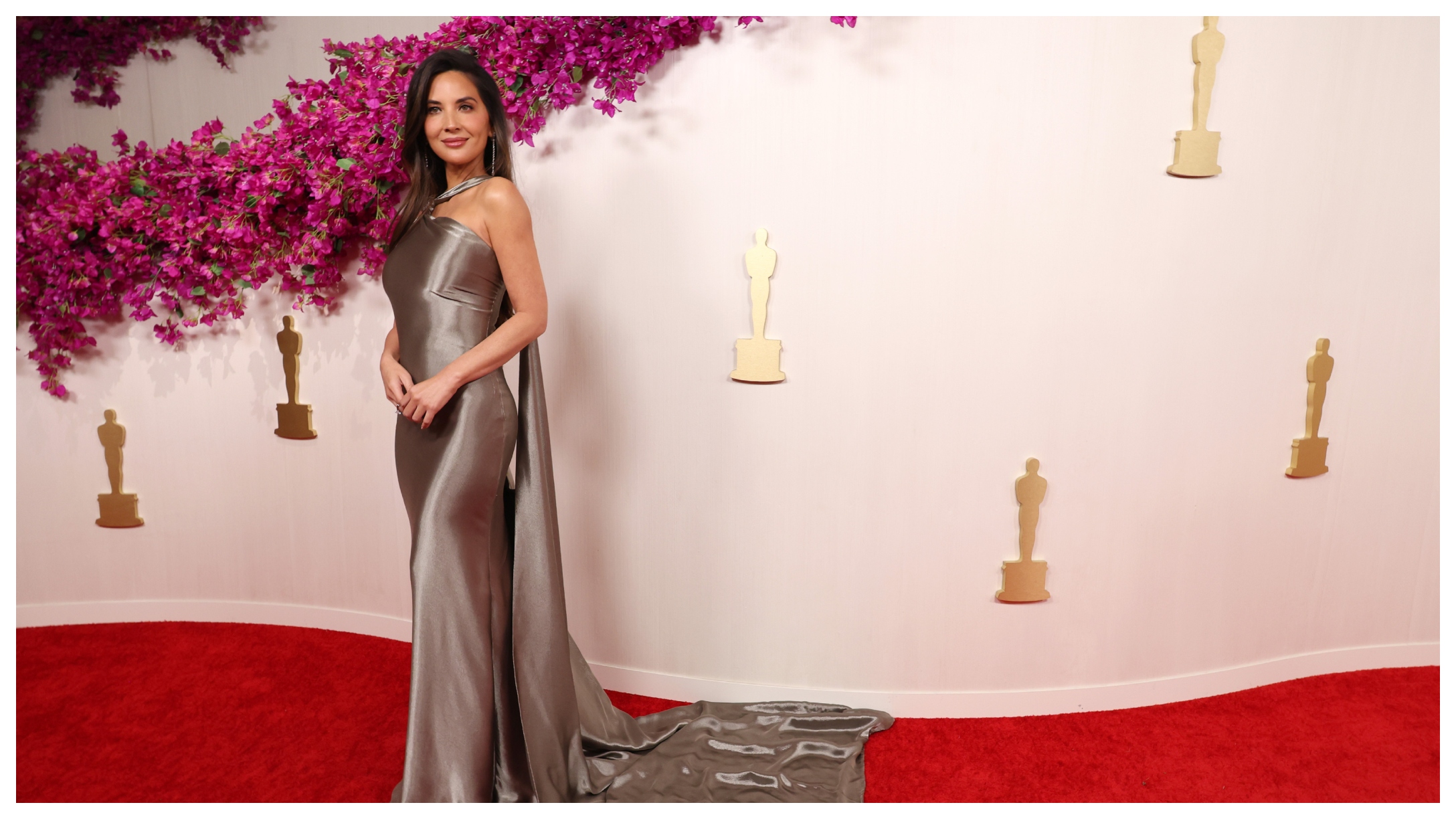
Olivia Munn's cancer story is a good reminder to be your own advocate and have a doctor who is on your side. Olivia's mammogram came back clear. She also did genetic testing and did not have any cancer genes. Her her OB-GYN wanted to be thorough and gave her a breast cancer risk assessment. Olivia scored high at 37%. She was then given an MRI, ultrasound, and biopsy, which discovered Luminal B breast cancer. She underwent a double mastectomy, a lymph node dissection, reconstructive surgery, and a nipple delay. She also had an oophorectomy and hysterectomy because her cancer was aggressive and a hormone receptor-positive type that grows with estrogen.
Danielle Fishel

On the August 19, 2024, episode of her podcast Pod Meets World, the Boy Meets World star announced she was recently diagnosed with breast cancer. It was found during a routine mammogram. Her form of breast cancer is called ductal carcinoma in situ and she is considered stage zero. She is going to have it removed and will receive follow-up treatment.
More from CafeMom: Danielle Fishel Decides to Not 'Suffer in Silence' Amid Breast Cancer Diagnosis
Maggie Smith

Dame Maggie Smith is one tough cookie. She was diagnosed in 2008 at the age of 73. She underwent chemotherapy to treat the disease and didn't let that stop her from filming the final Harry Potter movie. It wasn't easy. She told The Times she had to “stagger through” on set.
“It leaves you so flattened,” she explained. “I think it’s the age when it happened. It knocks you sideways. It takes you longer to recover, you are not so resilient.”
Sheryl Crow
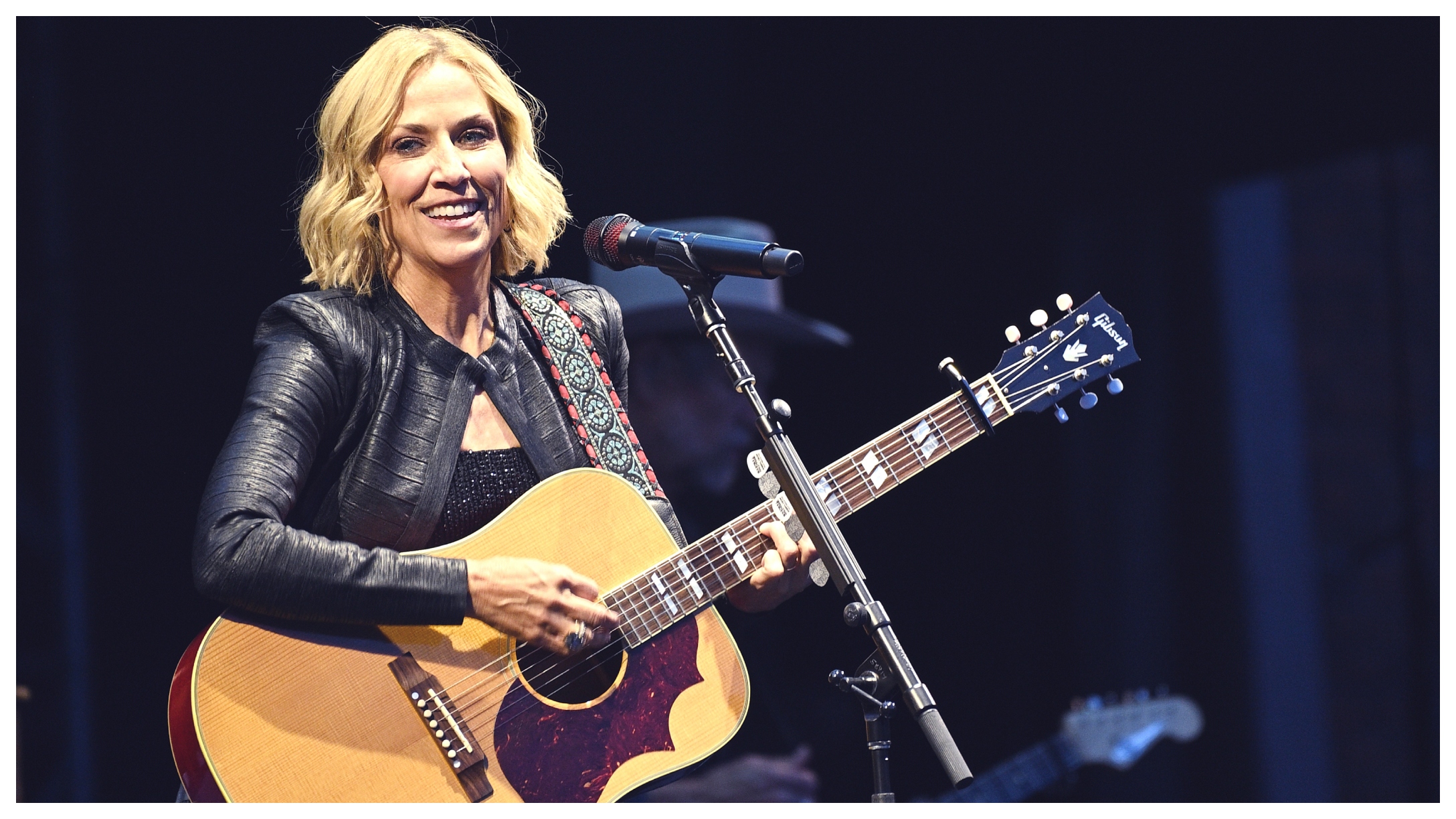
Singer/songwriter Sheryl Crow had no family history of the disease but like many women, has dense breast tissue. A mammogram in 2006 was concerning and a radiologist wanted to do a follow-up in six months. A wise OB-GYN had other ideas. The doctor ordered a biopsy, which uncovered cancer. Sheryl had the cancer removed with a lumpectomy and did seven weeks of radiation.
Christina Applegate
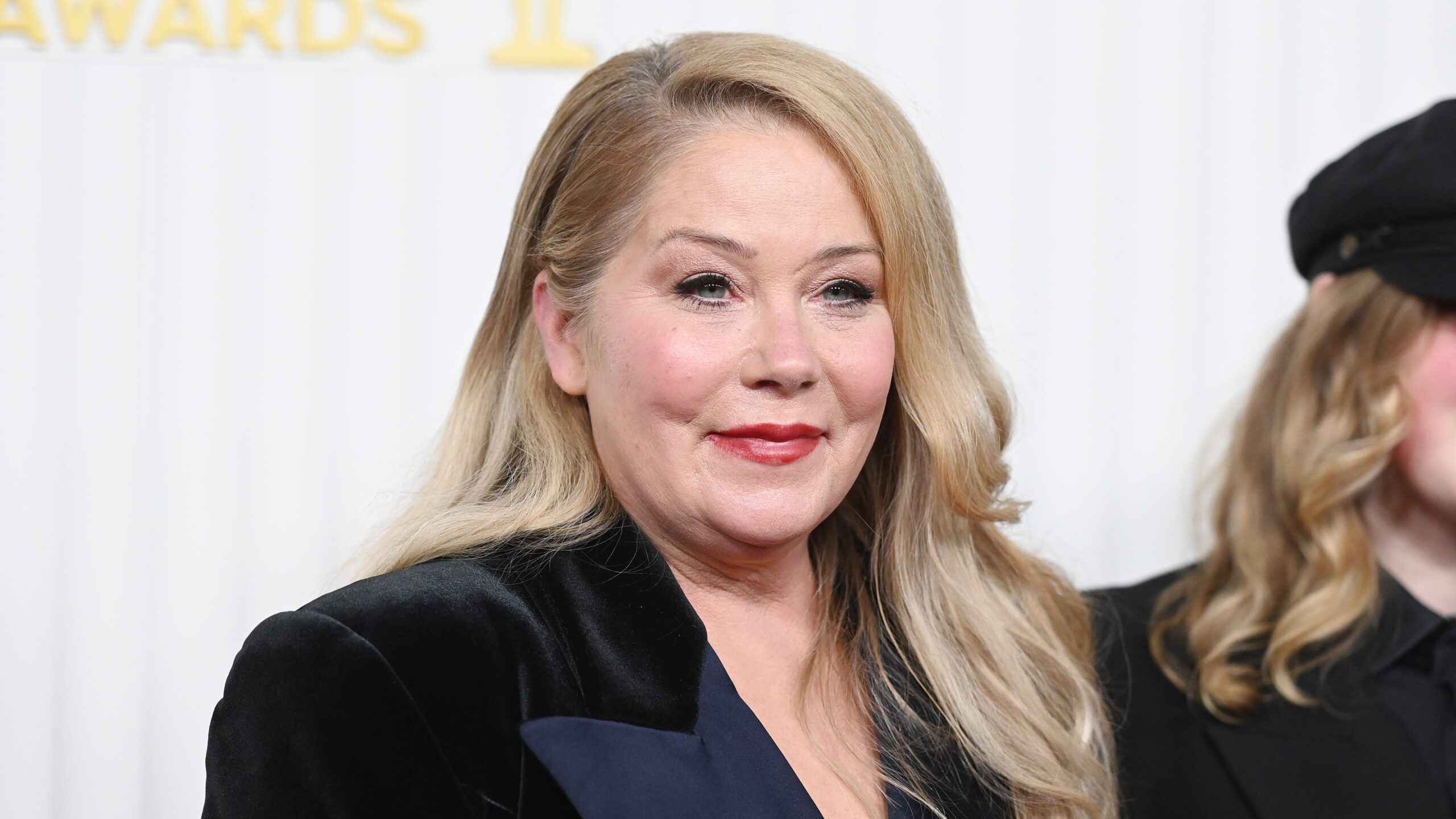
Because of Christina Applegate's experiences with her own mom having breast cancer, she was aware of her increased risk. She always got her yearly mammograms. When one raised concerns, a follow-up MRI was scheduled and found cancer in her left breast. At first only a lumpectomy and radiation were performed. A genetic test found a cancer gene, so she went a step further and underwent a double mastectomy because she was at high risk for recurrence.
Robin Roberts

This Good Morning America anchor was the first person to catch her breast cancer. She did a self-exam in 2007 and felt a lump. She knew something was wrong. An ultrasound and a biopsy confirmed she had fast-growing triple-negative breast cancer. Unfortunately this is form of cancer is more common in the Black community. Robin had a lumpectomy. She then followed up with chemotherapy and radiation therapy. She gives back by speaking out about the importance of self-exams to catch breast cancer early.
Julia Louis-Dreyfus
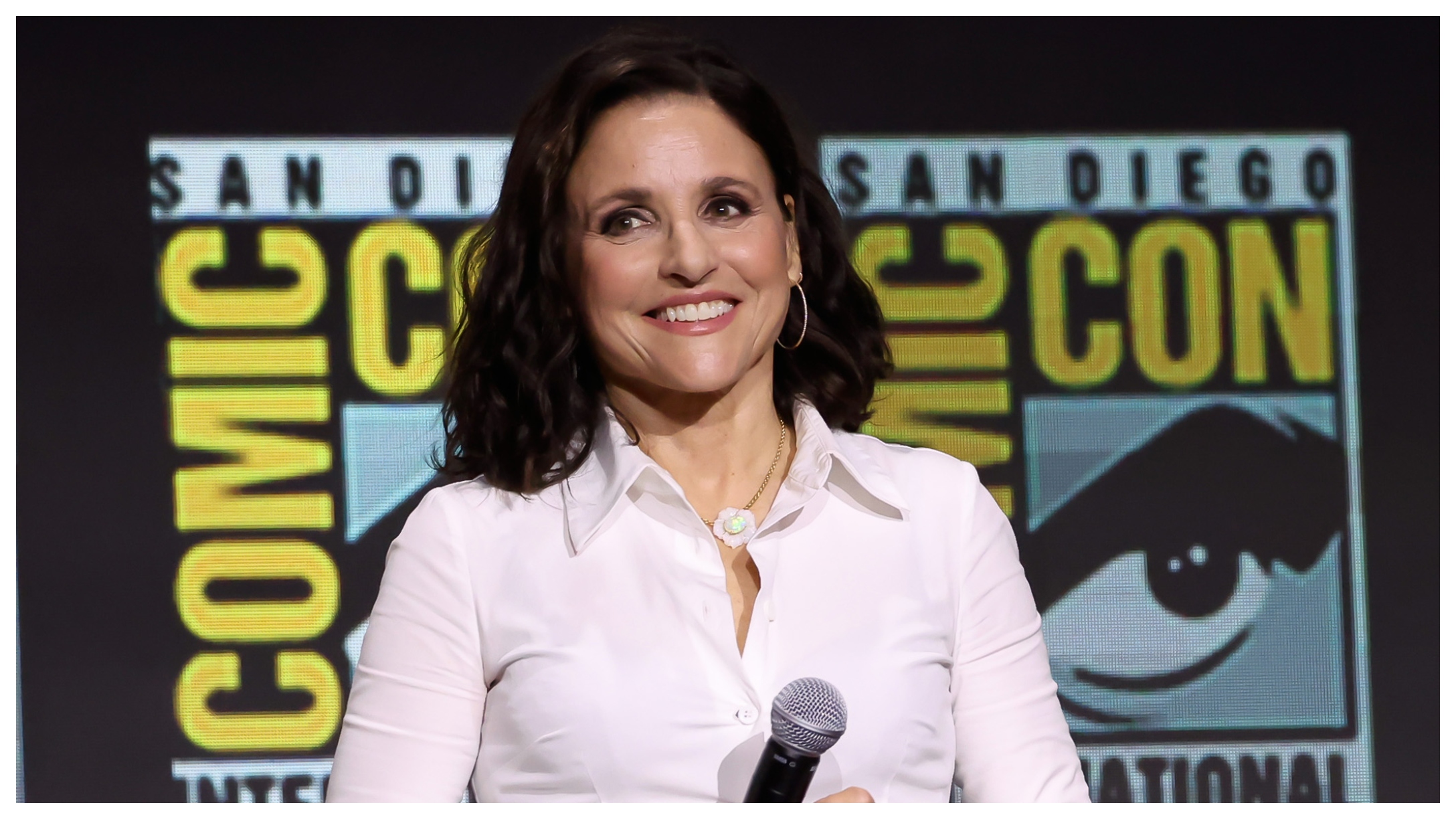
In September 2017, Julia Louis-Dreyfus was on top of the world. She had just won her sixth consecutive Emmy Award for her work on the hit HBO series Veep. The following day, her doctor called her to say she had stage 2 breast cancer. The timing seemed especially cruel. She had a double mastectomy and underwent six rounds of chemotherapy. In October 2018, she announced she was cancer-free.
Kathy Bates
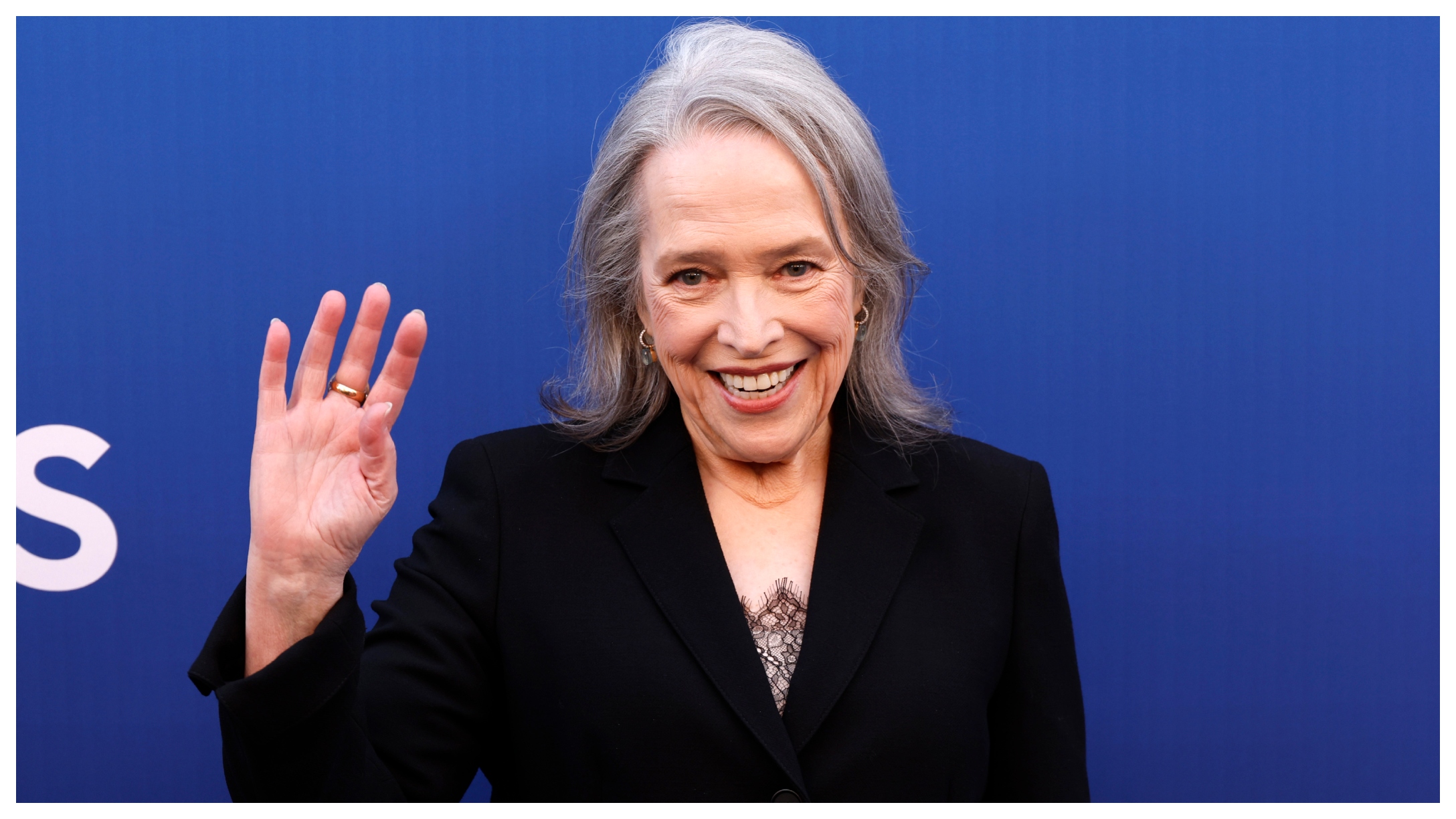
Kathy Bates is a two-time cancer survivor. She was first diagnosed with ovarian cancer in 2003. In 2012, she got her second diagnosis. This time around it was breast cancer. Her mother had it before her so she always expected to get it as well even though genetic testing did not show her as being at increased risk. She got a double mastectomy and unfortunately faced some complications.
She had 19 lymph nodes removed during her surgery. The lymphatic system helps move fluid around, which contains white blood cells. When lymph nodes are removed, sometimes this system is left reeling and painful swelling can occur. This condition is called lymphedema and there is no cure. Kathy attends physical therapy and wears compression sleeves to manage it. She also uses her power as a public figure to speak out about it, raising awareness.
Kylie Minogue
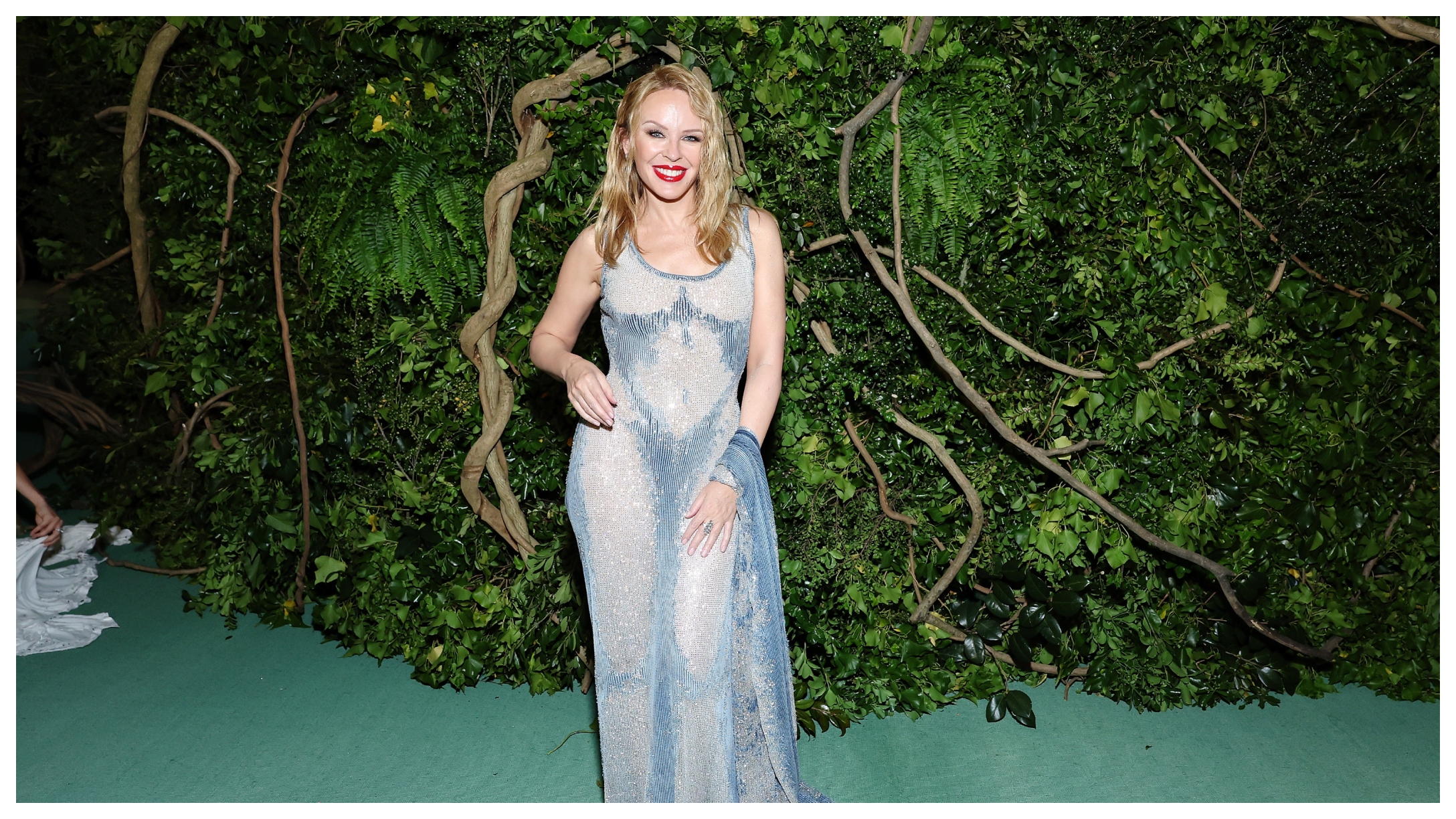
This Australian pop star was first diagnosed in 2005. The first doctor she went to didn't catch it, so she got a second opinion. The second medical practitioner found a small tumor. Kylie had lumpectomy and followed up with chemotherapy. The following year she was cancer-free.
Twenty years later, the experience is still a big part of her story. "It's trauma, and any trauma resides within you," Kylie explained to CBS News in 2023. "The experience of a cancer diagnosis will live in me. It was difficult. It was also amazing. Amazing in that you are very aware of your body, of the love that's around you, of your capability, all sorts of things."
Cynthia Nixon
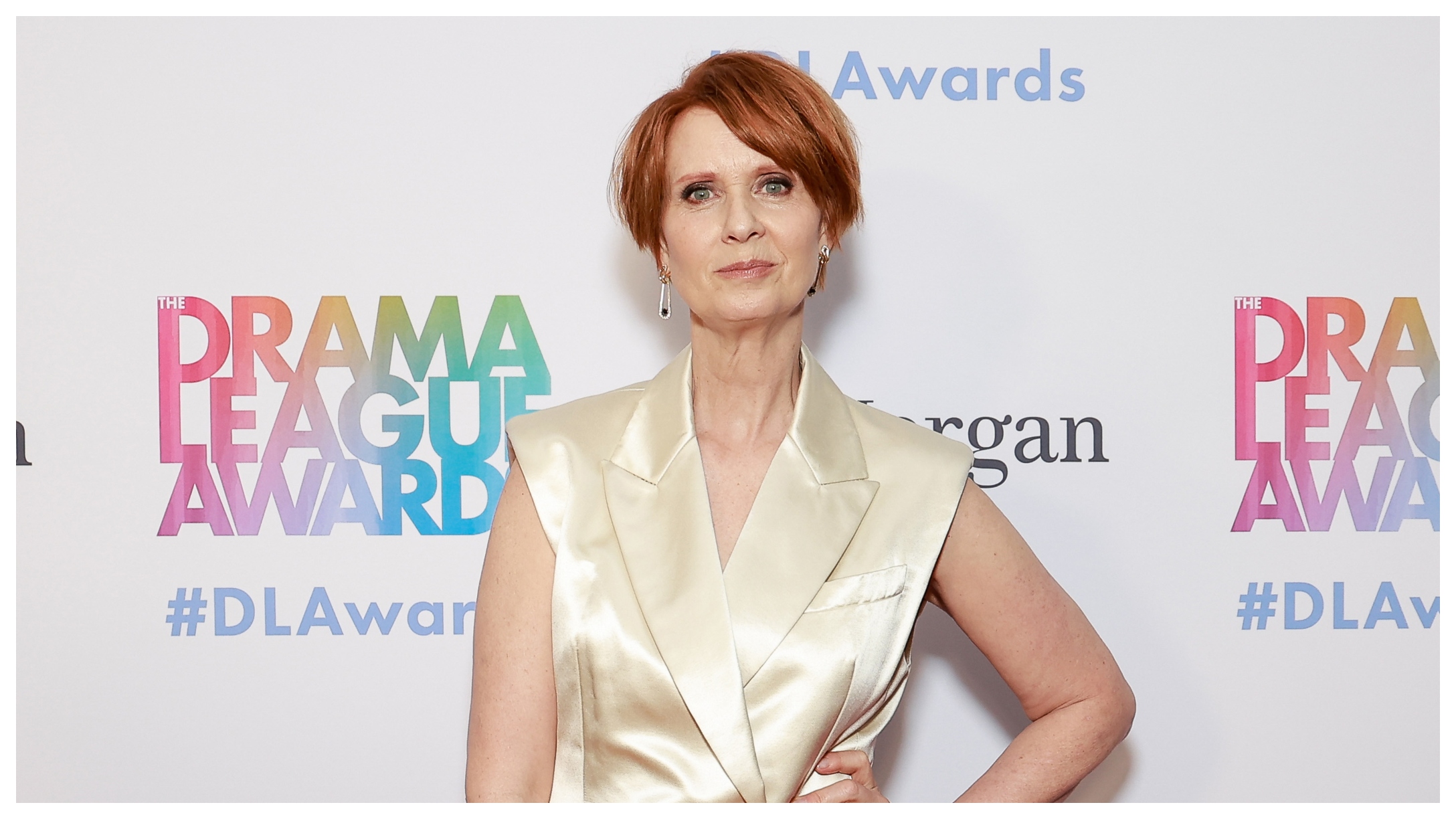
This Sex and the City star's mother battled breast cancer as well. "I always sort of thought, 'I'm probably going to get breast cancer. There's a really good chance.'" she told ABC News. She started getting mammograms early at age 35 because of her family history.
She fears came true in 2006 while she was starring in the off-Broadway play The Prime of Miss Jean Brodie. Her doctor caught a small tumor and ordered a biopsy. When the results came back as cancer, she privately underwent a lumpectomy, scheduling so she wouldn't miss a show. She followed up with radiation.
